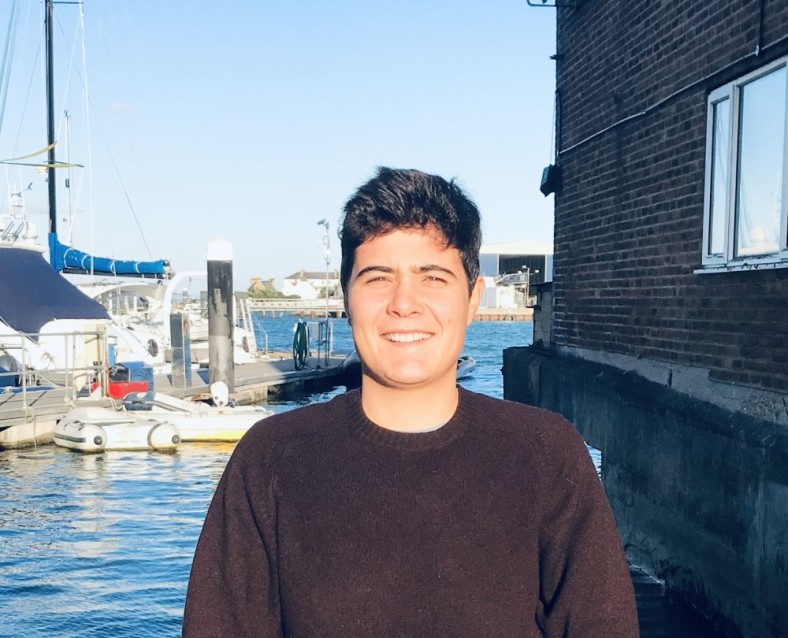🔈 “We won’t recycle our way out of the issue of plastic pollution.”
Sustainability
December 16, 2021Reading time: 2 minutes
Mael Arribas, research analyst in the Global Commitment team at the Ellen MacArthur Foundation (EMF), joined David Clark, Amcor’s Vice President of Sustainability, on Amcor’s Big Ideas podcast to consider the progress brands and retailers are making toward a circular economy.
Mael Arribas, research analyst in the Global Commitment team at the Ellen MacArthur Foundation (EMF), joined David Clark, Amcor’s Vice President of Sustainability, on Amcor’s Big Ideas podcast to consider the progress brands and retailers are making toward a circular economy.

In this podcast, they discuss the findings of the most recent Global Commitment 2021 Progress Report, the potential of reuse models and why a global treaty on plastic is essential to achieving a circular economy and preventing a patchwork of disconnected solutions. If boosting recycling rates won’t solve the issue of plastic pollution, what will?
The EMF’s vision is to eliminate the plastic we don't need, so the plastic we do need can be designed to be safely reused, recycled or composted. It will then be circulated to make sure these plastics are kept in a circular economy and out of the environment.
The 2021 Progress Report embodies this goal and provides information based on a survey of global brands’ production activities. This annual survey process takes three months as the data is internally collected and submitted, providing a snapshot of providing a snapshot of the volume and type of plastic products created.
The first takeaway from the Report discussed during the podcast is that decades of growth in virgin plastic use appear to have peaked for global commitment brands and retailers. This is set to fall faster by 2025 thanks to newly set reduction targets.
The second key insight covered in the conversation is that global progress has so far largely been driven by recycling. However, recycling alone won't be enough to solve plastic pollution, and a greater focus is needed on reducing unnecessary single-use plastic packaging through elimination, substitution with other materials like paper, or with reusable packaging.
The third point is that we now see many businesses and countries starting to move to a global agreement on plastic pollution. Additionally, they are beginning to recognize that volunteer initiatives alone will not be enough.
The pair also touches on the importance of explaining to the public that within the concept of the Global Commitment, the definition of a package being recyclable is not only that it is technically recyclable or designed to be recycled, but that it is actually recycled in practice and at scale.
EMF defines recyclable “in practice and at scale” as 400 million people around the world recycling packaging at a fairly high rate, above 30%. It is this benchmark that brands need to meet to call packaging recyclable according to the Global Commitment definition. While many packaging types such as polyethylene (PE) film are technically recyclable, sufficient collection and infrastructure systems are not yet in place to reach this rate in practice.
To hear more insights about the 2021 Progress Report and what’s next on the road to a circular economy, you can listen to the full podcast below.
About the Big Ideas podcast
Global business and sustainability leaders come together to discuss how innovation and collaboration are helping to address the world’s most urgent problems – from ocean pollution to food insecurity. Listen to industry-leading experts identify opportunities and describe real-world commitments that are good for business and better for the world around us.
Amcor’s global team is inspired by winning for the environment. Discover more here.
Listen to more podcasts here.
Research Analyst — Global Commitment, Ellen MacArthur Foundation
